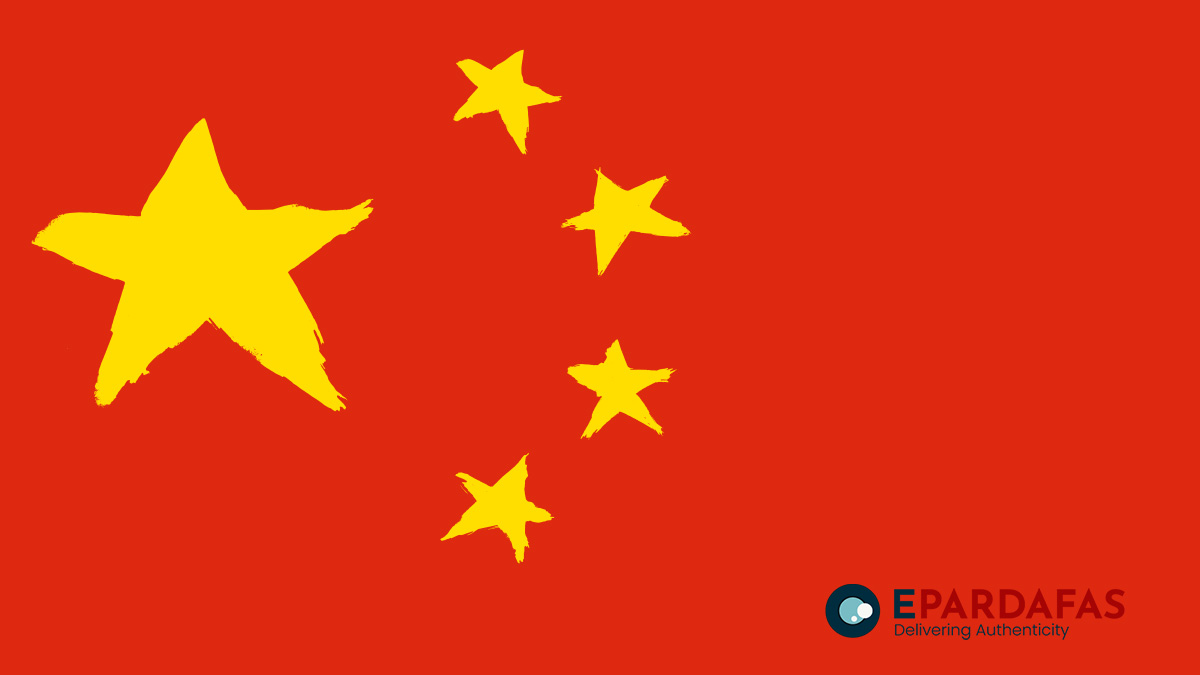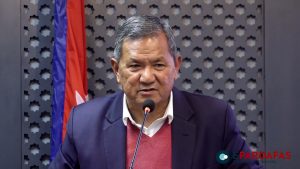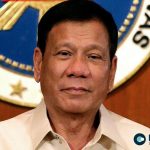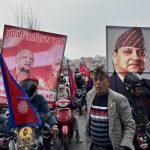
Chinese Communist Party Delegation Expresses Interest in Nepal Television: Cultural Exchange or Media Influence?
A six-member delegation from the Chinese Communist Party (CPC) is poised to visit Nepal, with Nepal Television (NTV), the nation’s principal media outlet, at the forefront of their agenda. The delegation, featuring representatives from the Publicity Department of China’s Yunnan Provincial Party Committee, the Foreign Affairs Office of the Provincial People’s Government, and academic institutions, frames its visit as a cultural exchange initiative.
Noteworthy personalities from the CPC’s Publicity Department and the People’s Government make up the delegation, including Mr. PENG Bin, Deputy Director-General of the Publicity Department of the CPC Yunnan Provincial Party Committee and Chairman of Yunnan Provincial Civilization Office, Mr. HAO Kun, Level Bureau Rask Official, Foreign Affairs Office of the People’s Government of Yunnan Province; Mr. HU Jinming, Vice President, and professor of Yunnan University; Ms. ZOU Ying, Director of the Division of Communication and Promotion, Publicity Department of the CPC Yunnan Provincial Party Committee; Ms. LI Weiqing, Director of the Division of Planning and Finance, Publicity Department of the CPC Yunnan Provincial Party Committee; and Ms. XU Xiaoqian, Director of the Information Division, Foreign Affairs Office of the People’s Government of Yunnan Province.
The delegation has formally requested a meeting with Nepal’s Minister of Culture, Tourism, and Civil Aviation, Sudan Kirati, scheduled for January 15. A letter, dated December 29, 2023, outlines the delegation’s mission to exchange information on communication and cooperation between the media of Yunnan and Nepal. However, the focus on media collaboration in the letter raises eyebrows and prompts speculation.
The letter’s exclusive mention of media communication between China and Nepal has sparked suspicion, especially in light of China’s previous attempts to broadcast documentaries on President Xi Jinping, the Belt and Road Initiative (BRI), Global Security Initiatives (GSI), and Global Cultural Initiatives (GCI) through Nepal Television, which faced obstacles.
The visit raises questions about whether the delegation’s arrival signifies a renewed effort by China to shape its narrative through Nepal Television. The true nature and objectives of the visit are expected to become clearer through interactions with Nepali officials and media figures, including Samir Jung Shah, the executive chairman of Nepal Television (NTV). The unfolding events following the visit will be closely monitored to discern the extent and purpose of potential media collaborations and initiatives between China and Nepal.













Comments